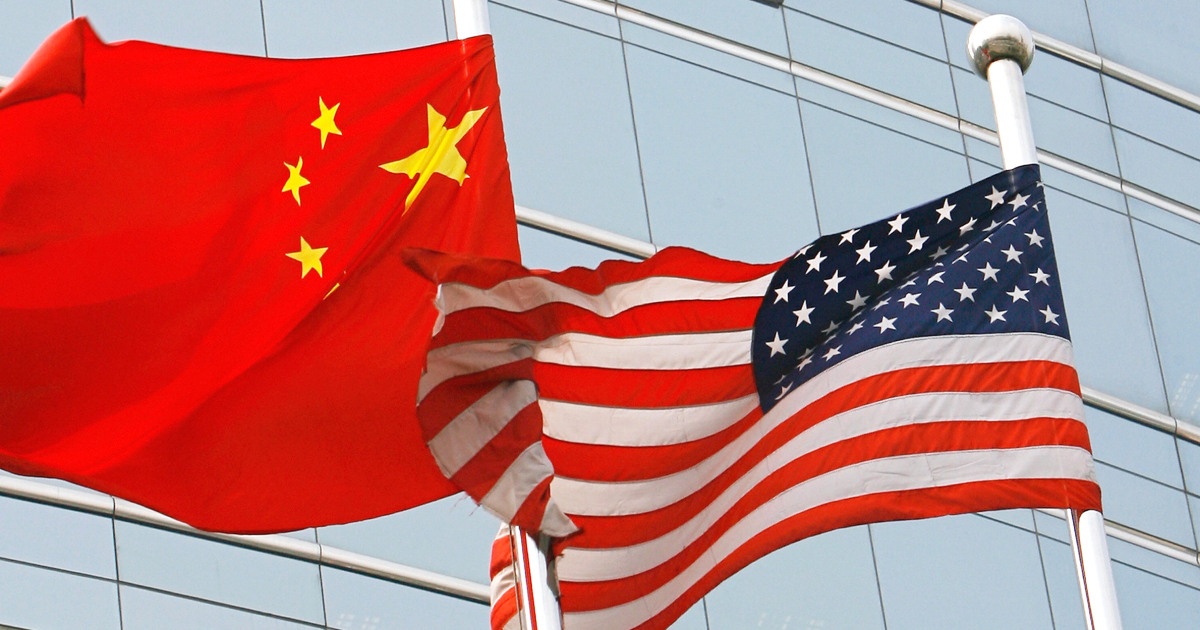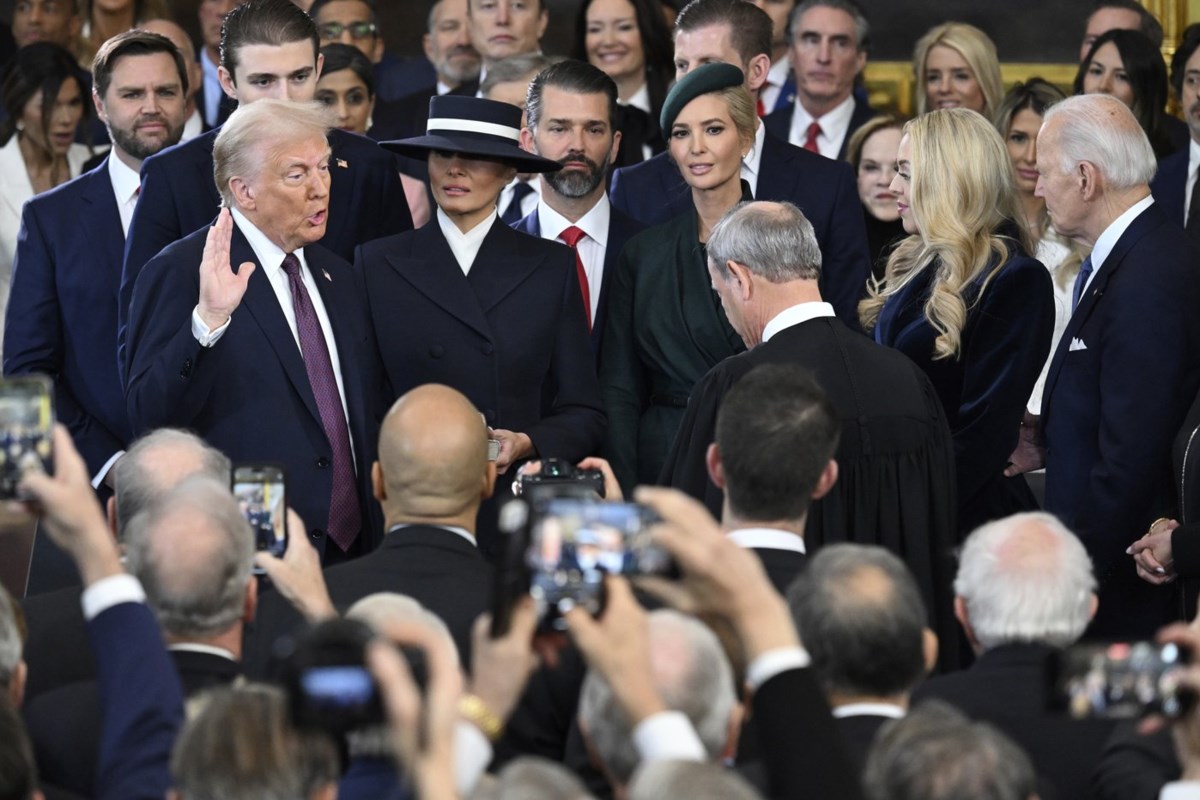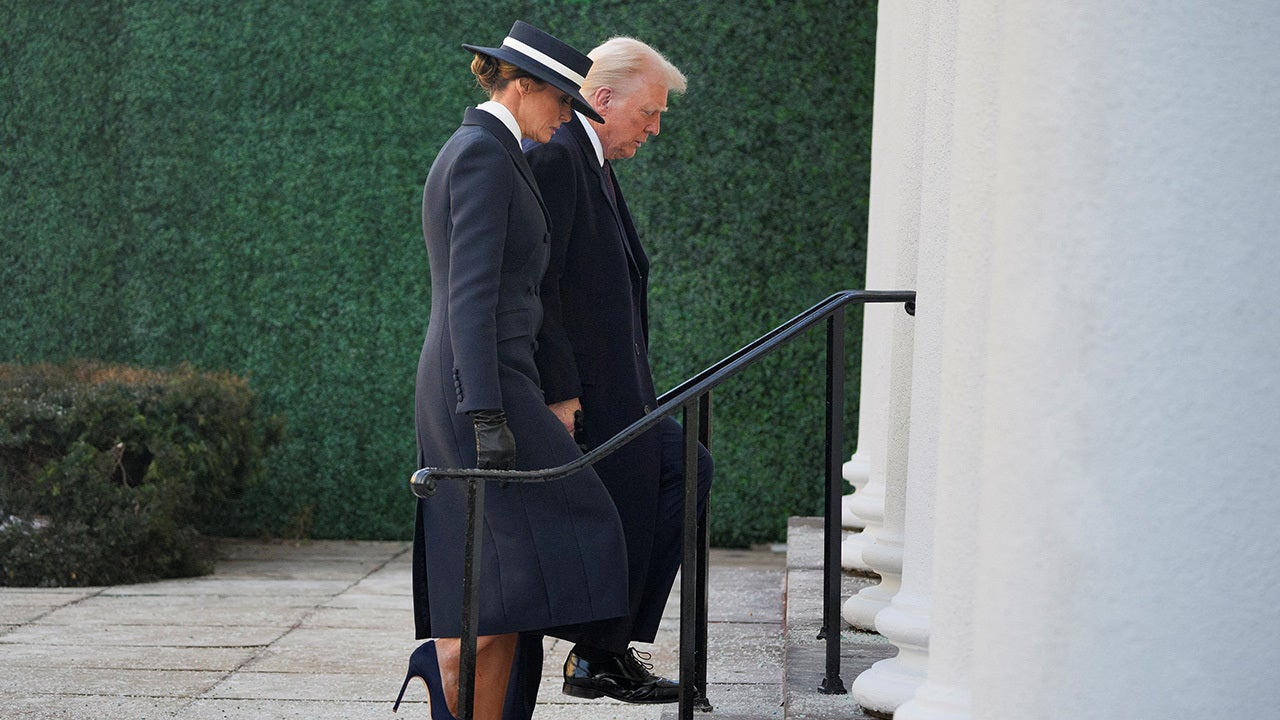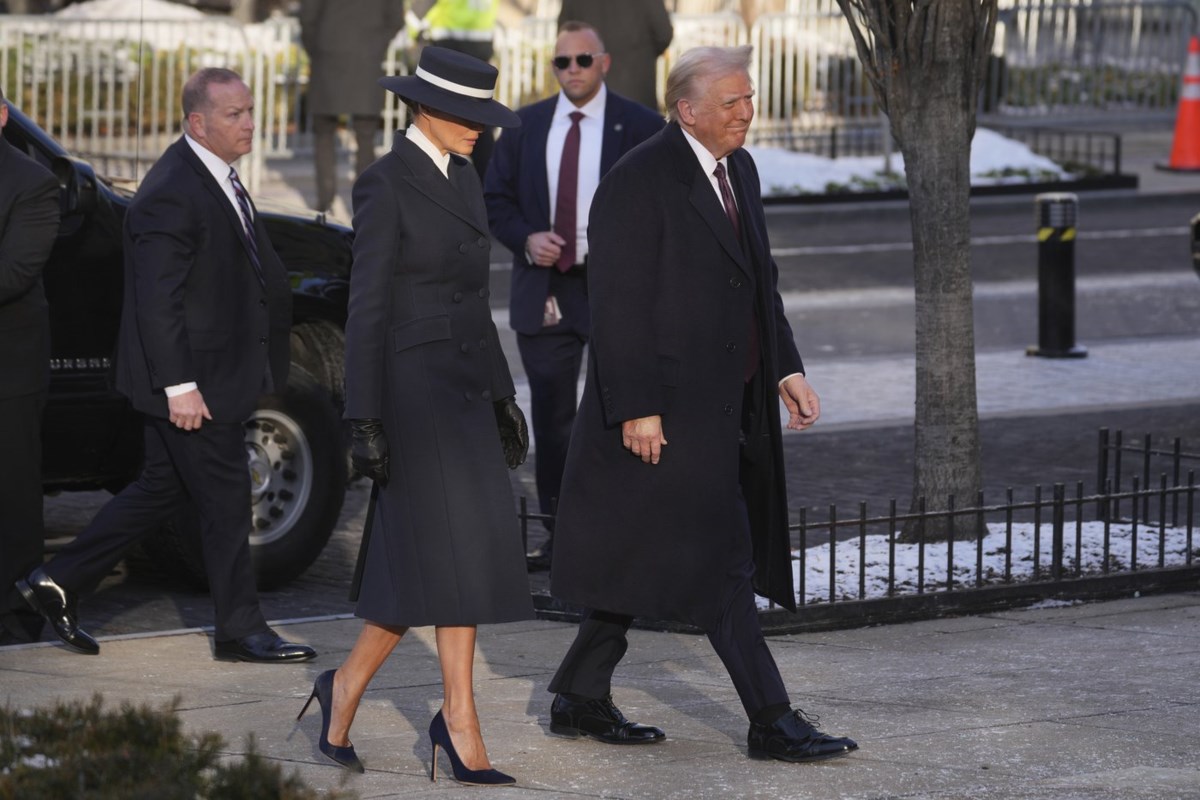U.S. and China renew science and technology pact amid growing rivalry

HONG KONG — The United States and China have renewed a decades-old agreement on science and technology cooperation, officials from both countries said Friday, narrowing its scope and adding safeguards to address concerns about national security risks.
The Science and Technology Agreement, originally signed in 1979, was the first accord between the two countries after they normalized diplomatic relations. It had historically been renewed roughly every five years, but U.S. lawmakers have raised concerns in about it recent years as China becomes a growing technological rival.
The agreement, which was up for renewal in 2023, received two six-month extensions before lapsing on Aug. 27 of this year, and its continuation had been under negotiation for months.
The State Department said Friday that the “modernized and strengthened” agreement had been extended for five years. It said the agreement sustains intellectual property protections, establishes new guardrails for protecting the safety and security of researchers, and “advances U.S. interests through newly established and strengthened provisions on transparency and data reciprocity.”
The agreement covers only basic research and does not facilitate the development of critical and emerging technologies, the department said.
The Biden administration has imposed export controls on advanced semiconductor chips and restricted investment in other strategically sensitive fields in China such as artificial intelligence and quantum computing, citing concerns that such technologies could aid China’s military modernization.
The renewal of the agreement was also confirmed in a short statement Friday by the Chinese Ministry of Science and Technology, which did not provide details.
Supporters of the pact argued that failure to renew it would not only imperil government-to-government collaboration in vital areas such as climate change and public health, but also inhibit academic cooperation between the world’s two biggest economies.
Science and technology cooperation has already been chilled by the China Initiative, a Trump-era national security program meant to counter intellectual property theft at universities and research institutions. The program, which has prompted multiple prominent Chinese researchers to leave the U.S., ended in 2022 after a string of failed prosecutions.
Asian American advocacy groups said ethnic Chinese scientists were unfairly targeted by the program, which House lawmakers are seeking to revive.
Related
China surpasses US in top scientists, tech experts – VnExpress…
The report released on Jan. 11 said there is a sharp decline in the number of world-leading American scientists from 36,599 in 2020 to 31,781 in 2024, reducing
Elon Musk complains about China ban on X as Donald…
Unlock the White House Watch newsletter for freeYour guide to what the 2024 US election means for Washington and the worldElon Musk has objected to a lack of re
Nvidia CEO Huang thanks China staff for loyalty amid US…
Nvidia CEO Jensen Huang made a low-key visit to China, as he conveyed the company’s commitment to one of its largest markets amid heightened US export restric












